
Why A Wool Duvet Is Your Best Choice For A Good Night’s Sleep
The importance of a good night’s sleep cannot be understated – we sleep for a third of our lives, and good sleep has been shown to improve brain performance, mood and health (reducing the risk of conditions such as heart disease, obesity and even dementia).
That’s why picking the best bedding to enhance your night’s sleep is paramount but with so many options available, why should you choose a wool duvet?

What are the advantages of a wool duvet?
-
Wool is naturally sustainable
Wool is a natural, sustainable resource that’s easy to replenish. Wool products use less energy to produce and create a smaller carbon footprint than other man-made materials that are commonly used for bedding, according to information from the International Wool Textile Organisation. Studies also show that wool is naturally odour resistant, meaning there’s less need to wash your duvet in detergents. In fact, you can simply hang your duvet outside in the fresh air to revive it.

-
Wool is biodegradable
Wool is an incredibly sturdy and resistant material, but it’s also 100% biodegradable in soil. A wool duvet can withstand the test of time, and you won’t need to worry about it someday taking up space in a landfill. That’s because wool is made of keratin, the same protein as human hair. Micro-organisms that live in soil can easily break down wool after about six months, according to The International Wool Textile Organisation .
-
Wool duvets are chemical-free
Wool duvets aren’t treated with chemicals. Since wool is naturally flame-resistant, there’s no need to treat the duvet with fire-resistant chemicals that are commonly found in bed linen. Wool contains high levels of water and nitrogen, making it incredibly difficult to burn or melt compared to materials like cotton and polyester, meaning a safer home for you and your family.
-
Dust mites aren’t attracted to wool
Dust mites often find their way into our bedding, loving the warm environment it provides. These little pests are responsible for some of the most common allergens in our homes, according to Allergy UK. Luckily, wool is able to efficiently wick moisture from its surface and keep dust mites at bay - that’s a big deal if you suffer from allergies or asthma.
-
Wool is naturally hypoallergenic
Which brings us onto our next point - wool that hasn’t been chemically treated won’t cause allergic reactions, giving you a much more comfortable night’s sleep. It also won’t grow mold that can also trigger allergies. Wool fibers overlap, which keeps dust and dander on the surface of the duvet where it can easily be whisked away unlike other fabrics that can cling to dust. Wool is so effective at improving air quality and limiting allergens that studies show that wool products increase stage 4 regenerative sleep by 25%, giving you more restful sleep each night.
Is a wool duvet worth it?
Compared to other materials, wool can be on the pricier side, but with all the benefits outlined above, together with its longevity, it’s a worthwhile purchase. The other major benefit of a wool duvet – they are fit for all seasons so no need to purchase or store lots of different duvets. That’s because wool duvets have balanced thermal insulation properties – in simple terms, they keep you warm in winter without overheating and cool in summer, by extracting moisture from the skin.
Is a wool duvet better than a down duvet?
A down duvet is made up of fine bird feathers that grow under the tougher feather exterior of the bird. Down traps warmth and wetness against the duck’s skin to maintain body temperature – great for a duck but not so great for us humans. Unlike the lovely thermal insulation properties of wool duvets we outlined above, down duvets can make us too hot.
Did you know that we sweat a pint of liquid per night? And all that can end up in your duvet, leading to mildew, mould, odours, allergenics and even dust mites. What’s another reason why we rate wool over down duvets? The care element – down duvets are notoriously difficult to launder and never seem to retain their original shape – wool duvets, however, withstand the test of time (and washing!).
Are wool duvets better than synthetic?
Synthetic duvets can be made from a number of man-made products including cotton and polyester. Synthetic duvets are often cheaper, but we know that doesn’t mean better. Wool duvets are proven to be a more worthwhile investment, retaining their tog value for longer, and they’re undoubtedly better for the environment (whilst sheep need to be sheared in in spring and summer, synthetic is by and large plastics – and we could write a whole other article on the danger of plastics and how sadly they made up 35% of our marine life).
What should you look for in a wool duvet?
- Where is the wool from? Yes, wool is better for the environment but what makes it even more environmentally friendly? When its locally sourced.
- High quality wool – look for wool that has an OEKO-Tex standard 100 rating – this means that it’s been rigorously tested for harmful substances to protect your health.
- The size of duvet – carefully consider what size fits your bed and also comfort levels – perhaps oversized would suit you better. Look for manufacturers that cater for a wide range of standard duvet sizes, and some can also create bespoke wool duvets!
- Consider the cover – look for high quality covers to match your premium wool. Avoid synthetic covers that reduces the breathability of the wool and instead look for 100% cotton covers and for an added plus, hand sewn covers to extend the duvet’s durability.
- Guarantees – some manufacturers offer guarantees to give you even more peace of mind that you are buying the best duvet.
Looking for a wool duvet company that ticks all of the boxes above? Look no further than Putnams - a family run company producing 100% British wool duvets, hand made in the UK.









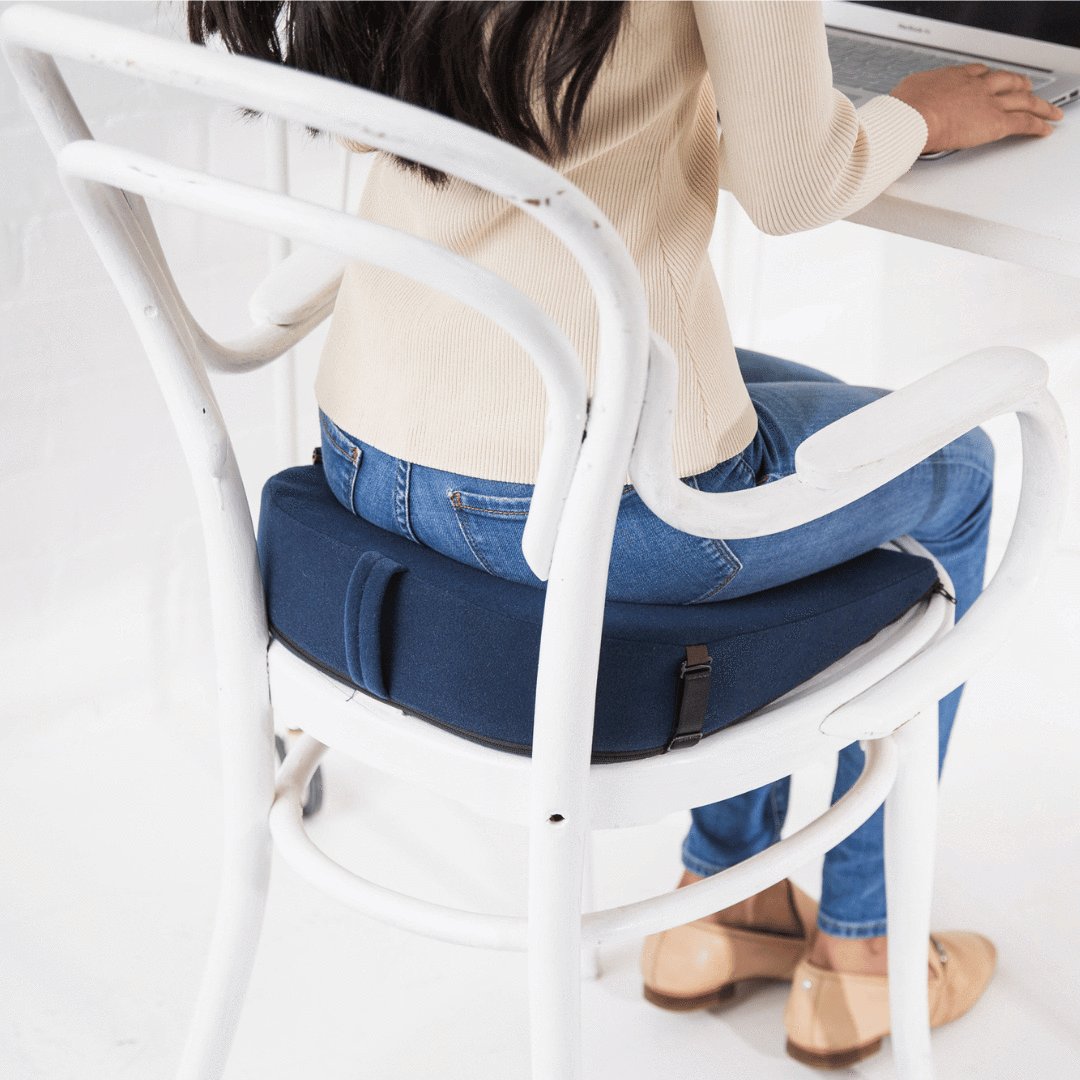

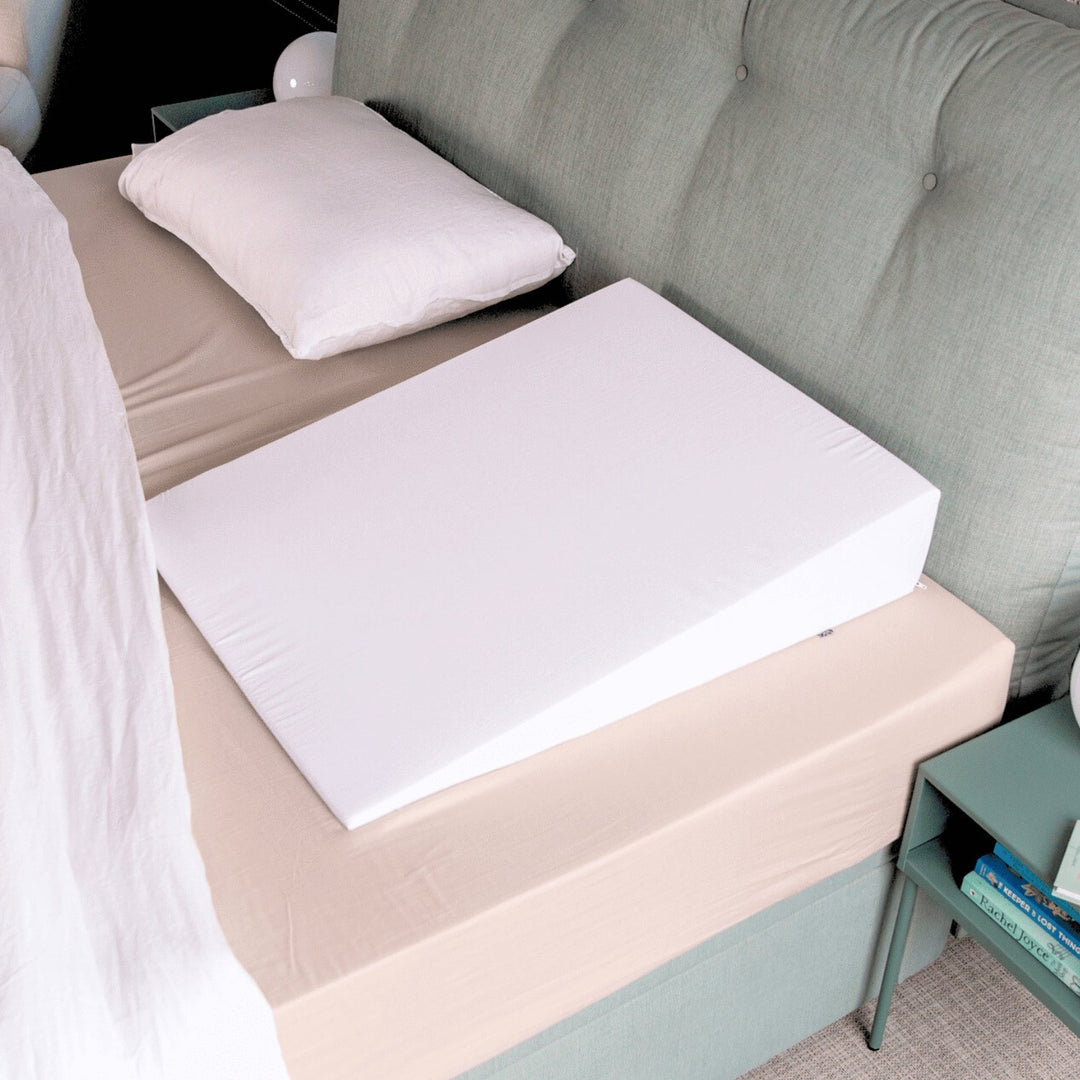

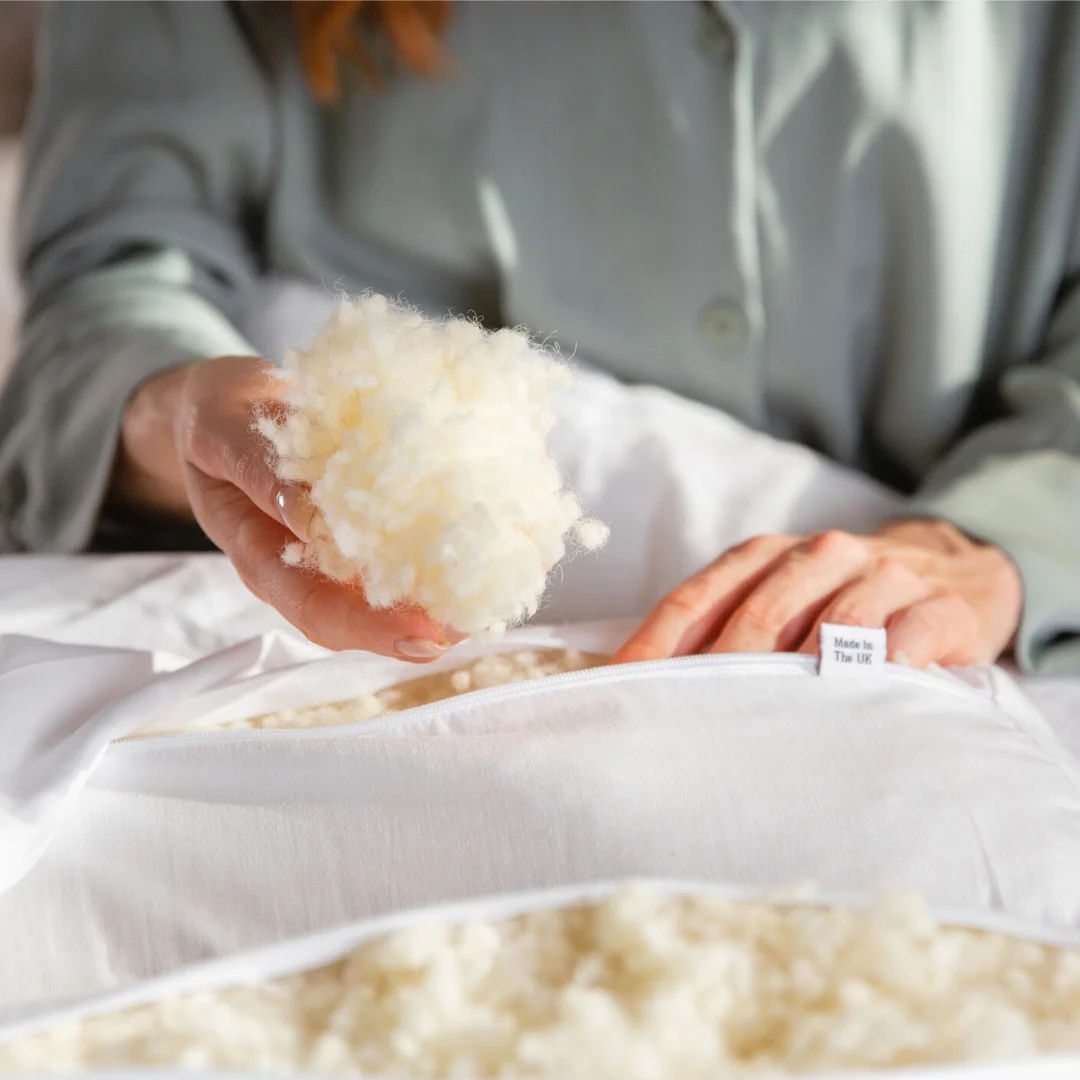




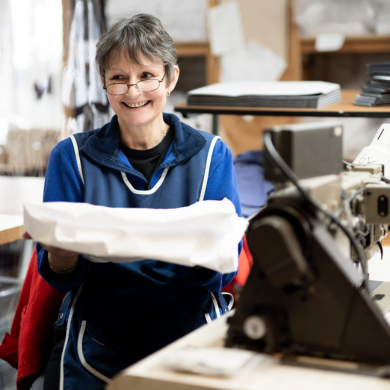
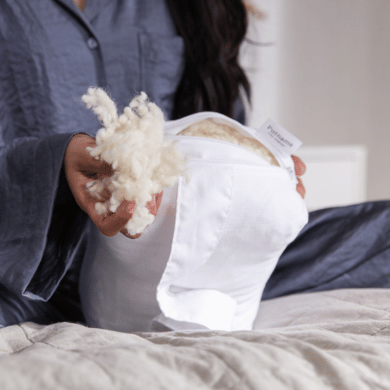

Leave a comment